
- Details
"The World Economic Forum’s Future of Jobs Report 2020 comes at a crucial juncture for the world of work. The report, now in its third edition, maps the jobs and skills of the future, tracking the pace of change based on surveys of business leaders and human resource strategists from around the world. This year, we aim to shed light on the effect of pandemic-related disruptions placed in the broader context of longer-term technology trends. Here are the five things you need to know from our findings..."
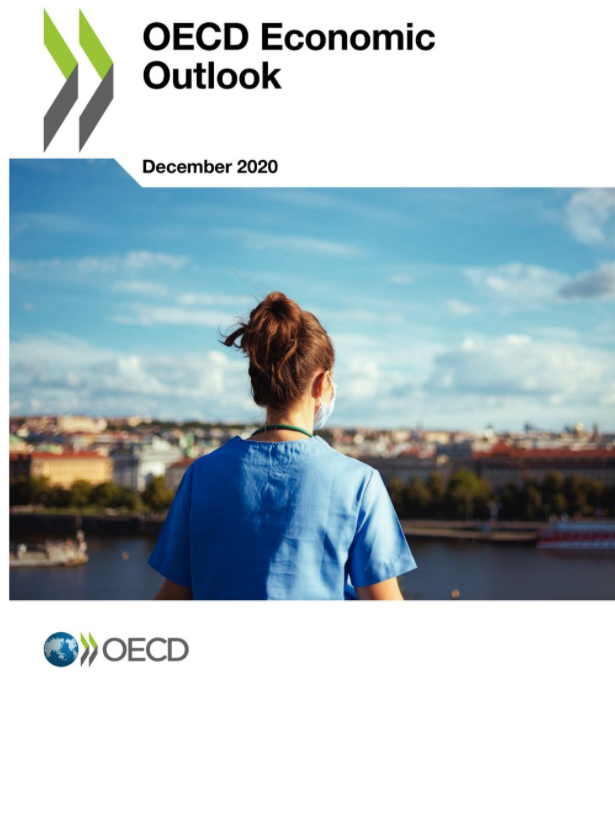
- Details
"The OECD Economic Outlook is the OECD’s twice-yearly analysis of the major economic trends and prospects for the next two years. Prepared by the OECD Economics Department, the Outlook puts forward a consistent set of projections for output, employment, government spending, prices and current balances based on a review of each member country and of the induced effect on each of them on international developments.
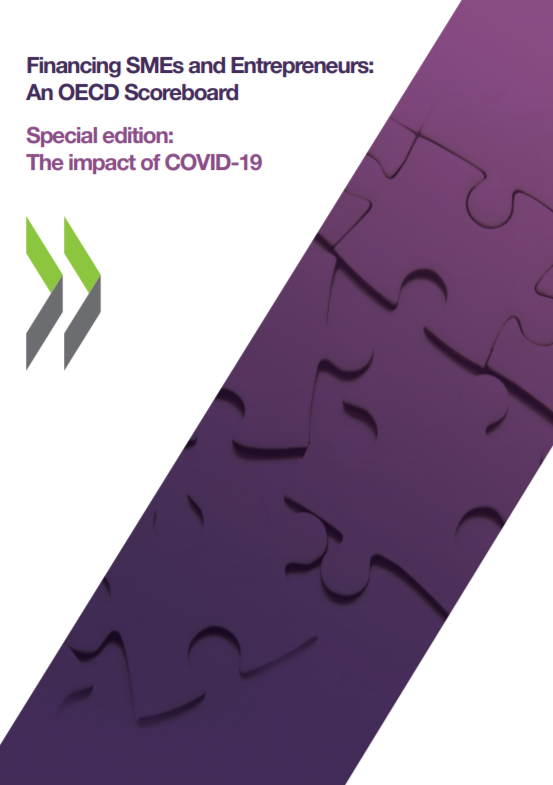
- Details
"The COVID-19 crisis has had a profound impact on SME access to finance. In particular, the sudden drop in revenues created acute liquidity shortages, threatening the survival of many viable businesses. The report documents an increase in demand for bank lending in the first half of 2020, and a steady supply of credit thanks to government interventions. On the other hand, other sources of finance declined, in particular early-stage equity."
Full article can be viewed via the following link.
Source: OECD

- Details
In the 20th episode of EBRD podcasts, participants Peter Pomerantsev, Senior Fellow at LSE and Samuel Woolley, Professor at University of Texas at Austin together with hosts - Jonathan Charles and Kerrie Law - discuss the effects of pandemic and a new state-controlled panopticon, watching citizens and their movements in the name of public safety.
Read more … EBRD PODCAST: Is Technology in the Era of COVID-19 a Threat to Democracy?
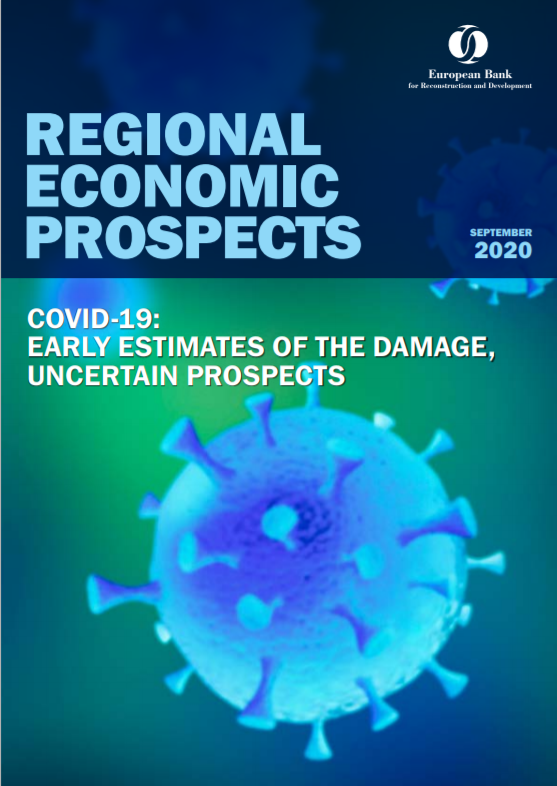
- Details
"Output in the EBRD regions contracted by 8.2 per cent year-on-year in the second quarter of 2020 as social distancing measures aimed at containing the spread of Covid-19 weighed on domestic demand and supply. Their effects were compounded by weaker demand for exports, a collapse in tourism, a drop in remittances and low commodity prices. This contraction was steeper than anticipated in May although less deep than in advanced economies where lockdowns tended to be longer. The averages mask significant variation in economic outcomes across the EBRD regions, with tourism-dependent Croatia, Greece and Tunisia recording contractions in excess of 15 per cent year-on-year.
Read more … Regional Economic Prospects: COVID-19: Early Estimate of the Damage, Uncertain Prospects
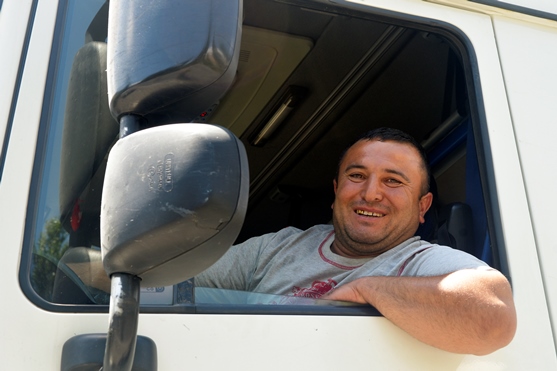
- Details
"Central Asia’s long-term economic vitality will depend on the ability of the region’s economies to participate in global value chains and possibly upgrade to higher value-added activities. Value chains have transformed global trade and production by enabling the stages of a product to be dispersed across countries. This is particularly true where the right skills and input requirements are available at competitive cost and quality.
Read more … Five keys to expanding Central Asia’s global value chains

- Details
A new article in IMF's Finance&Development magazine looks into impacts of the pandemic on the tourism sector.
"Before COVID-19, travel and tourism had become one of the most important sectors in the world economy, accounting for 10 percent of global GDP and more than 320 million jobs worldwide.
In 1950, at the dawn of the jet age, just 25 million people took foreign trips. By 2019, that number had reached 1.5 billion, and the travel and tourism sector had grown to almost too-big-to-fail proportions for many economies.
Read more … Wish You Were Here - Impact of the Pandemic on Tourism
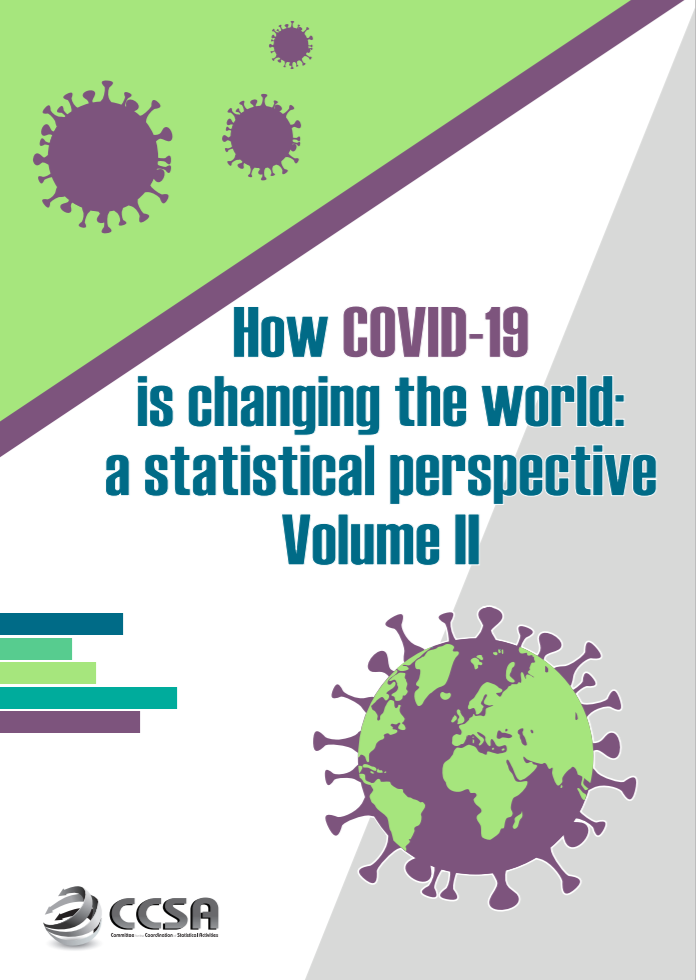
- Details
The Committee for the Coordination of Statistical Activities issued the second volume of the publication on how COVID-19 pandemic has affected the economies around the world. The primary focus of this publication is economies heavily dependant on remittances.
Read more … How COVID-19 Is Changing the World: A Statistical Perspective Volume 2
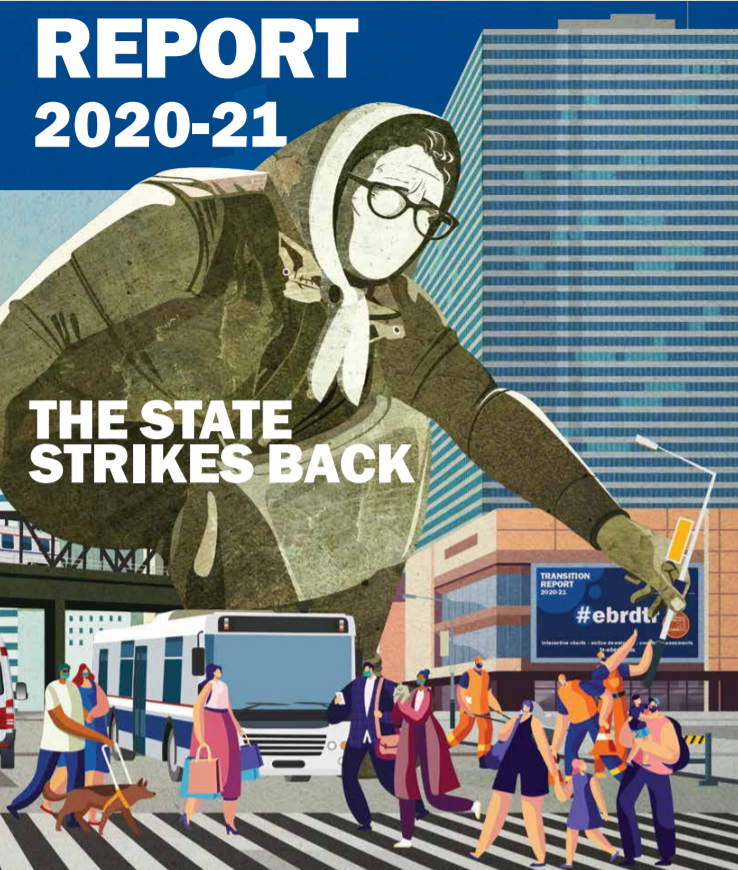
- Details
EBRD has published one of its flagship reports - Transition Report. This year's report "focuses on the role of the state, looking at the size of the state across various economies, the role of state-owned enterprises and state banks in the modern economy, and the role that the state plays in supporting the transition to a green economy."
Read more … EBRD's Transition Report 2020-21: The State Strikes Back
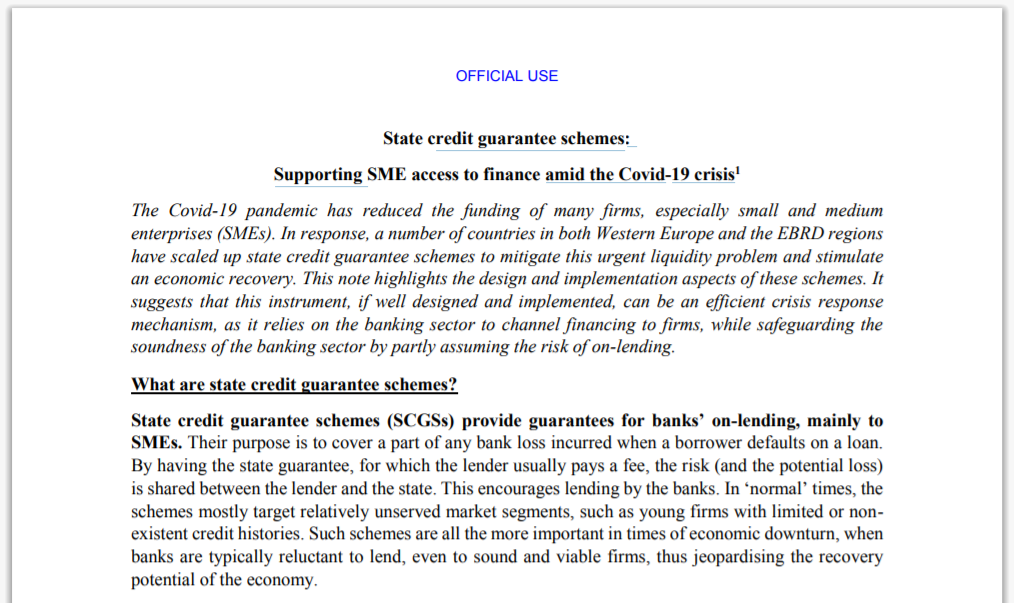
- Details
EBRD has published a new document, which gives insights on credit guarantee schemes as a measure to support SMEs access to finance in times of Covid-19.
The full document can be accessed via the link.
Source: EBRD
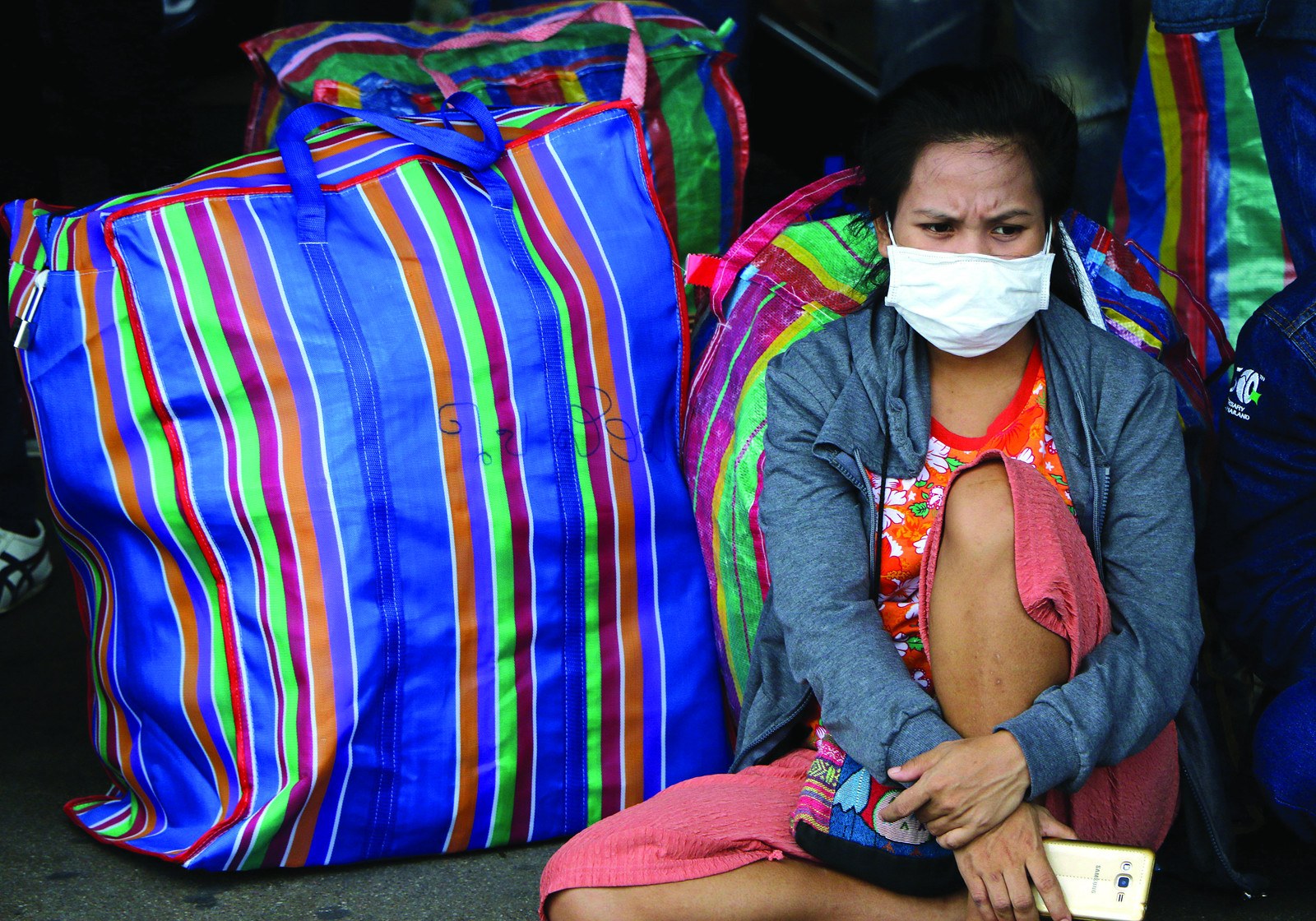
- Details
"The COVID-19 pandemic is crippling the economies of rich and poor countries alike. Yet for many low-income and fragile states, the economic shock will be magnified by the loss of remittances—money sent home by migrant and guest workers employed in foreign countries.

- Details
"Once COVID-19 abates, we will be reminded of how everything changed, of the world that was. But the unfolding crisis contains profound lessons for the future. When international delegates met at Bretton Woods in July 1944 to devise a postwar world, the war was still far from over. Yet, recalling the missed opportunities that had followed the previous world war, they understood that the focus had to shift from ending the war to establishing new foundations.


